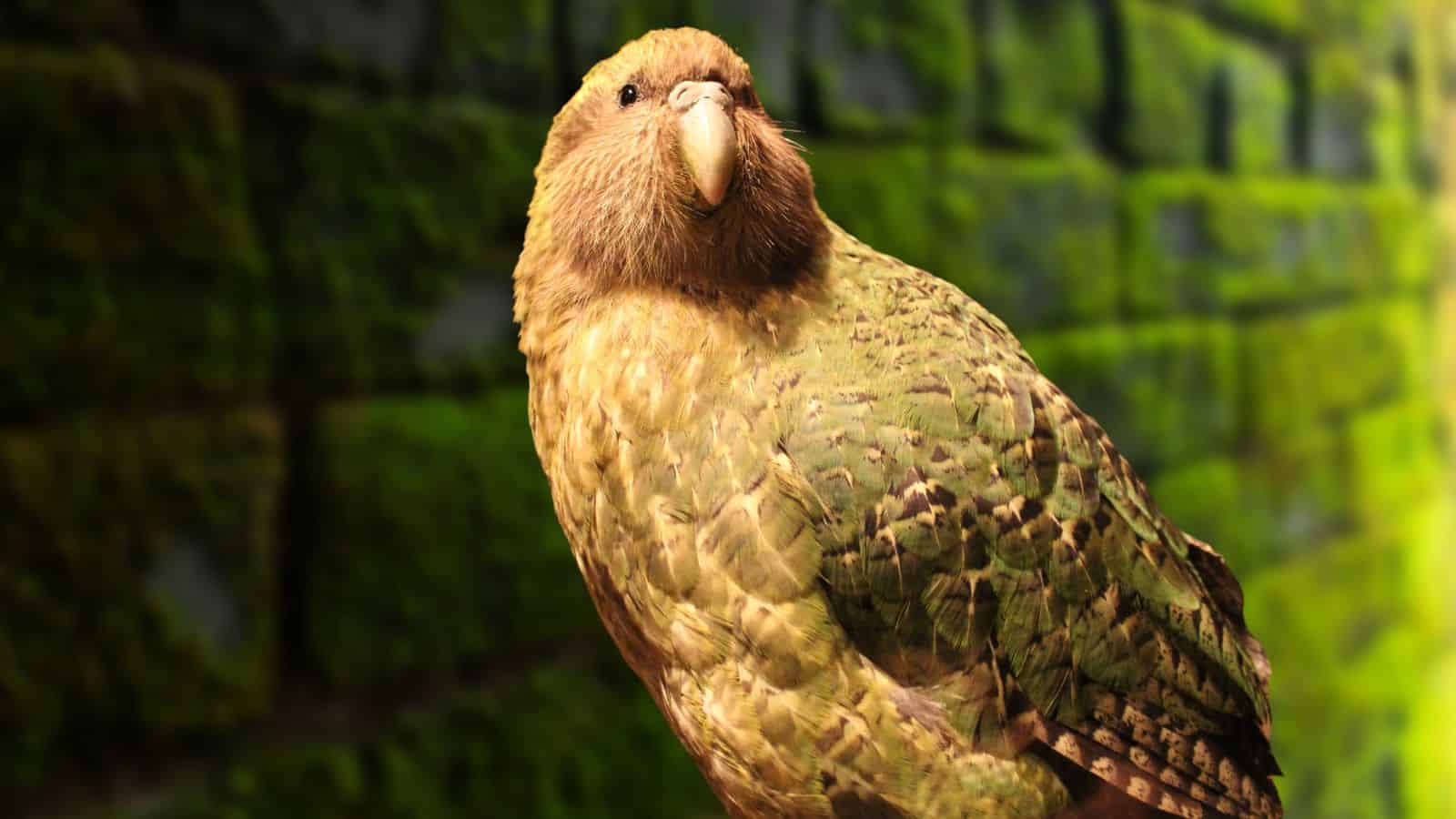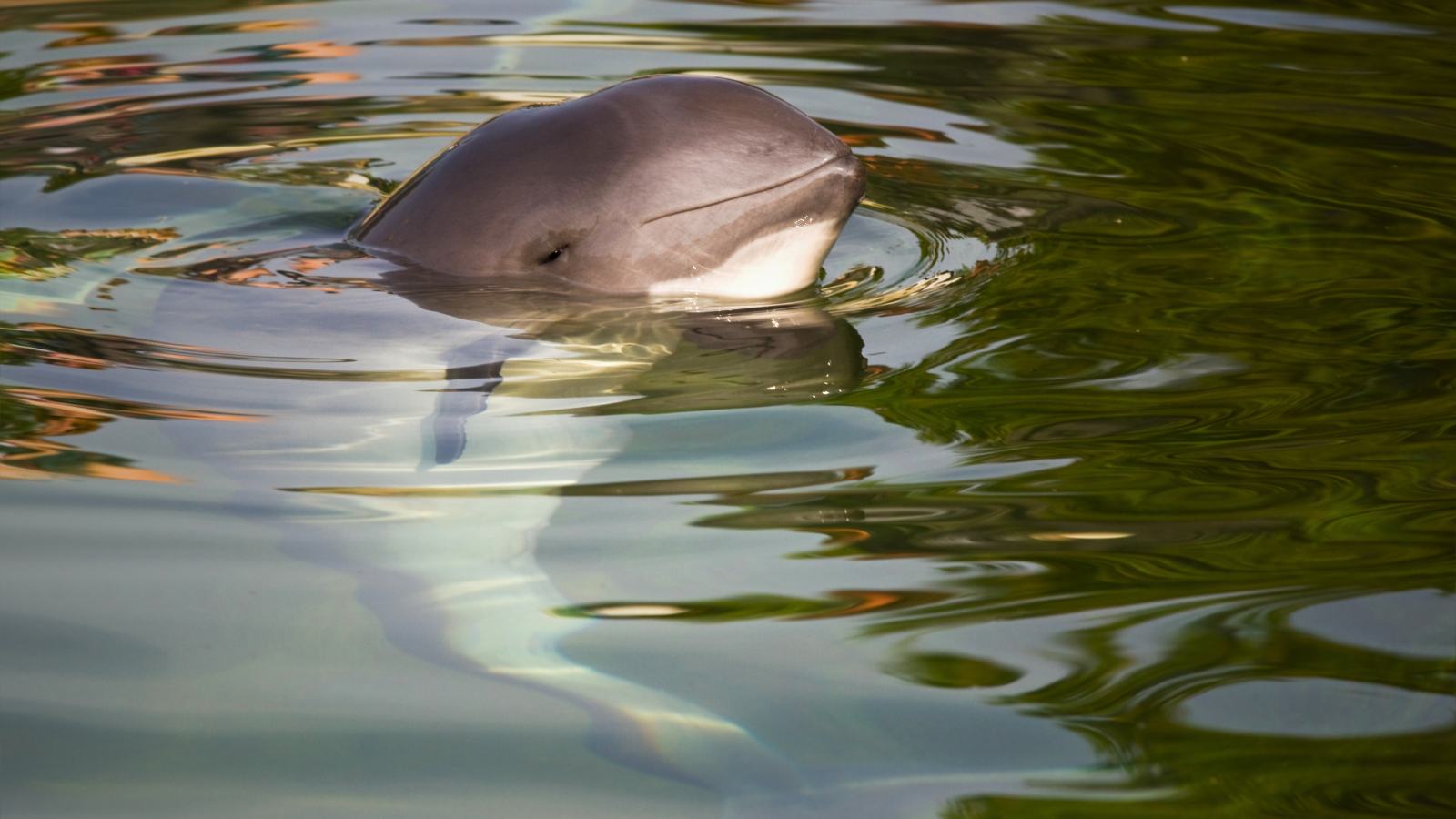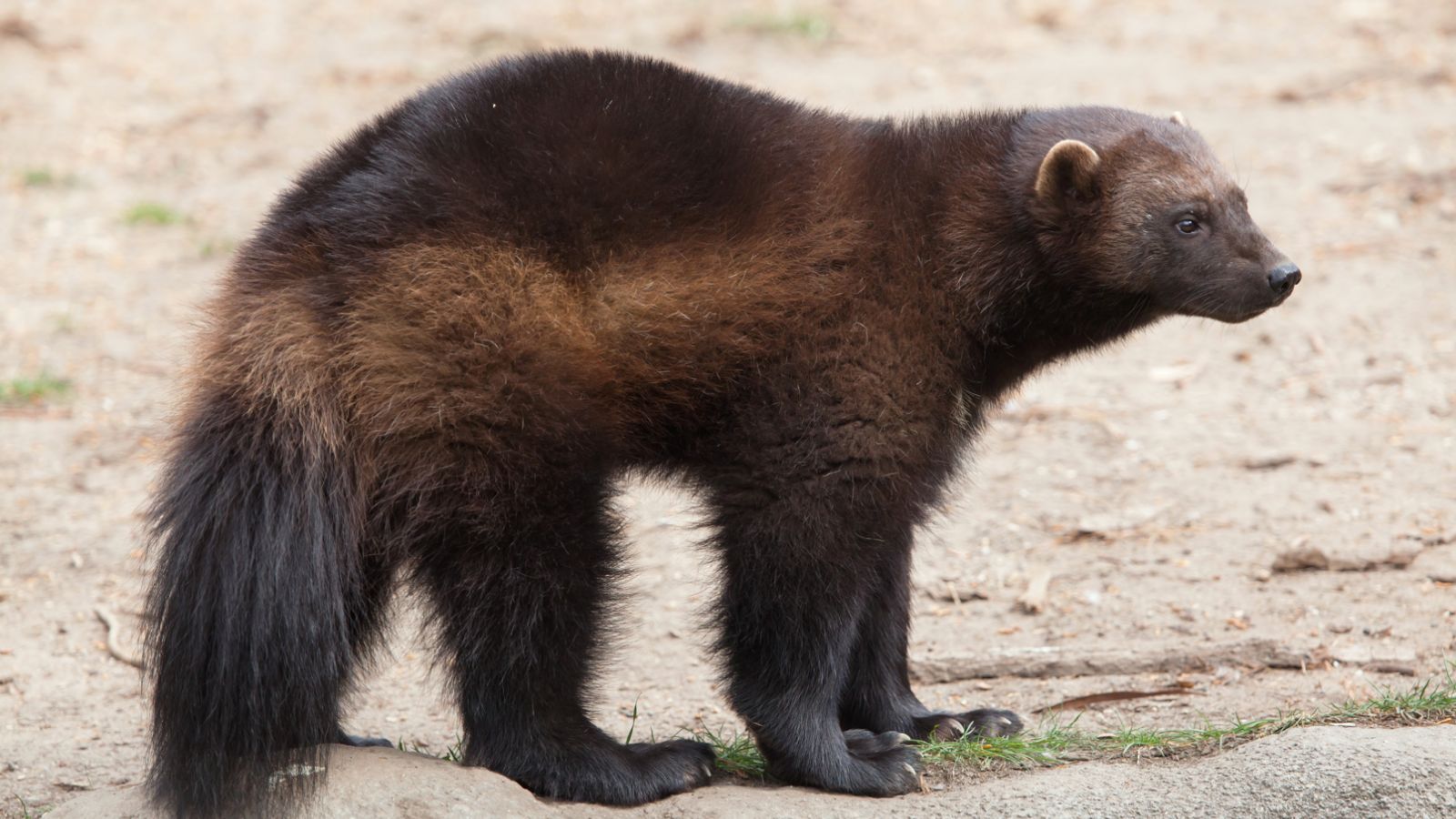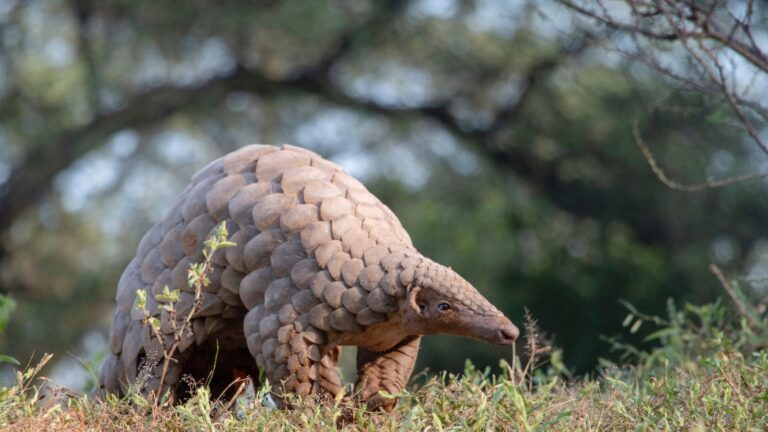While many of us have been fortunate to encounter a variety of amazing animals, there are numerous species that remain largely out of reach due to their rarity and elusive nature. These creatures are often hidden away in remote habitats or exist in such small numbers that sightings are exceedingly rare. This list investigates some of the world’s most elusive animals that most people will likely never have the chance to see in person.
Kākāpō

The kākāpō is a flightless bird famous for being the world’s heaviest species of parrot. They are native to New Zealand but sadly have become critically endangered over the past few decades. Their nocturnal habits make them harder to spot in the wild.
Vaquita

Vaquitas are only found in the north of the Gulf of California and have become critically endangered as a result of illegal gillnet fishing. This has earned them their title as the rarest marine mammal in the world. Their shy and elusive nature has further added to this reputation.
Aye-Aye

Aye-ayes have a bad reputation for being scary creatures that bring bad luck to those who see them. But despite their unusual appearances, they are actually rather shy and sweet in nature. Since they are native to Madagascar and only come out at night, they are very difficult to find in the wild.
Amur Leopard

The Amur leopard is known for being one of the most endangered big cats on the planet. They are native to eastern Russia and China and have a striking spotted coat. Sadly, these days it is extremely difficult to see them in person, as poaching and prey depletion have significantly reduced their population.
Javan Rhino

Javan rhinos can only be found in Java’s Ujung Kulon National Park, making them one of the world’s rarest species of rhino. There are only a few dozen Javan rhinos remaining, so they are very difficult to catch a glimpse of.
Gobi Bear

The Gobi bear is a very rare subspecies of the brown bear found in the Gobi Desert of Mongolia. While conservation efforts are in place to protect the remaining individuals, they are still one of the rarest bears in the world.
Giant Squid

According to National Geographic, the giant squid is the biggest invertebrate on Earth, measuring up to a whopping 59 feet in length. But despite its huge size, it has rarely ever been seen in its natural habitat, as it lives in very deep ocean waters.
Tasmanian Devil

As its name suggests, the Tasmanian devil is native to Tasmania, Australia. While it used to be found on mainland Australia too, it has since become extinct in this region, making it very difficult to find in the wild.
Sumatran Rhino

The Sumatran rhino is famous for being the smallest and, sadly, the most endangered of all the rhino species. They live in the dense, mountainous forests of Southeast Asia, making them even more difficult to see and study.
Pangolin

Pangolins are beautiful little creatures with distinctive keratin scales. Unfortunately, these scales are popular on the black market, encouraging poachers to seek them out. This has led to a steep decline in their population, making them extremely difficult to see in the wild.
Wolverine

Wolverines are ferocious little creatures known for having the strength and ability to take down animals twice their size. As noted by Britannica, they are also solitary nocturnal hunters, which makes them more difficult to spot.
Iberian Lynx

While the Iberian lynx is no longer the most endangered cat in the world, it is still exceedingly rare and elusive in nature. They can only be found in parts of Portugal and Spain. If you were lucky enough to catch a glimpse of one, you’d recognize it by its unique beard and tufted ears.
Snow Leopard

The snow leopard is a beautiful cat known for its striking black and white coat and elusive nature. They are native to Central and South Asia and are primarily active at night. In fact, the WWF claims that they can cover an incredible 25 miles in a single night. Unfortunately, they have grown rarer and rarer over the years, making this already elusive creature even harder to spot in the wild.
Narwhal

The male narwhal’s distinctive spiral tusk gives it an almost mythical appearance. It has also led some people to call it the “unicorn of the sea.” Sadly, most of us will never get the chance to catch a glimpse of this magnificent ocean dweller, as they are usually found in remote, icy Arctic waters.
Saola

First discovered in 1992, the saola is one of the world’s rarest and most elusive large mammals. They are native to Vietnam and Laos and live in dense forests, making them even more difficult to spot in the wild. Sadly, their numbers are likely to continue falling due to habitat loss.
Okapi

The okapi is a beautiful rainforest dweller sometimes called the “forest giraffe” because of the distinctive zebra stripes on its legs. They are native to rainforests in the Democratic Republic of the Congo and are known for being solitary and highly elusive.
Przewalski’s Horse

This rare horse has not been seen in the wild since the late 19th century, according to National Geographic. Przewalski’s horses are also known for being the only truly wild horse species remaining on Earth. However, conservation efforts are underway, and they have been reintroduced into the wild in areas of Mongolia.
Philippine Eagle

As its name suggests, the Philippine eagle can only be found in the Philippines, making it very difficult for most people to find. Even if you’re local to the area, you may still struggle to locate this huge and powerful bird of prey, as it has become critically endangered in recent years.

